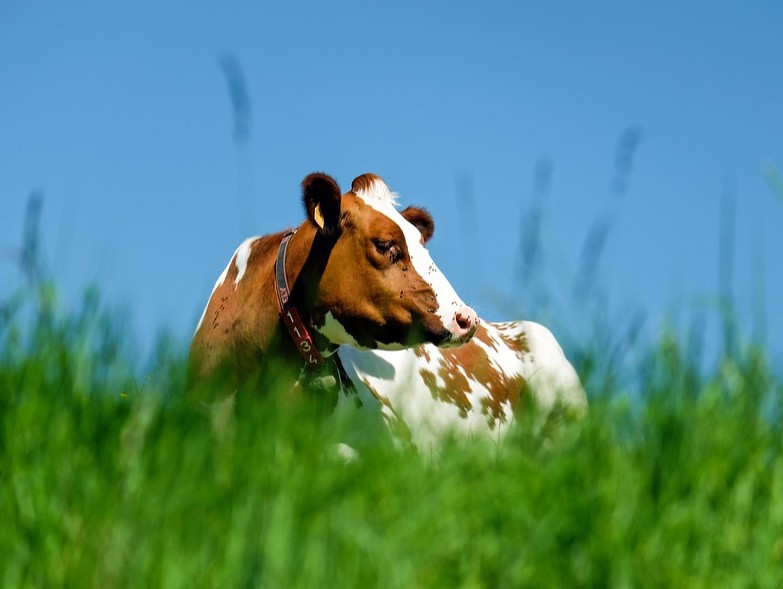
Arla Foods and its 10,300 owners present an ambitious plan to accelerate the transition to sustainable dairy production. The main objective of the sustainability programme is to reduce greenhouse gas emissions by 30% per kilo of milk over the next ten years. Arla Foods is also working on net climate-neutral dairy products by 2050.
Arla's sustainability programme covers the entire value chain - from cow to refrigerator - and includes various strategies and targets for dairy farming, processing, transport, packaging, food waste, healthy nutrition and good eating habits. These will be developed in 2019 and beyond.
Arla Foods' main objective is to reduce total CO2 emissions by 30% per kilo of milk by 2030 and to work on net climate-neutral dairy products by 2050.
The vast majority of CO2 emissions in the dairy industry come from dairy farms. That is why it is important for dairy farmers to know what the climate impact of their business is and how they can reduce it. In recent years more than 5,000 climate studies have been carried out on Arla dairy farms. In addition, almost 700 meetings have taken place at dairy farms to inform groups of dairy farmers about sustainability measures.
With the digital documentation centre Arlagården® Plus introduced in 2018, Arla helps dairy farmers to make continuous improvements on their farms.
At the end of 2018, almost 100% of the 62 Dutch dairy farmers recorded the data in the system.
Arla also works every day in the Netherlands to make dairy even more sustainable. An important spearhead is making packaging more sustainable. The aim is to make packaging completely recyclable as much as possible from renewable material, i.e. made from organic material. Last year, for example, Arla Biologisch introduced the most sustainable dairy product in the Netherlands. This packaging consists of 100% unbleached brown cardboard and renewable plastic. This reduces CO2 emissions by 34% per pack and saves 272 tonnes of CO2 per year.
Source: © Arla Foods